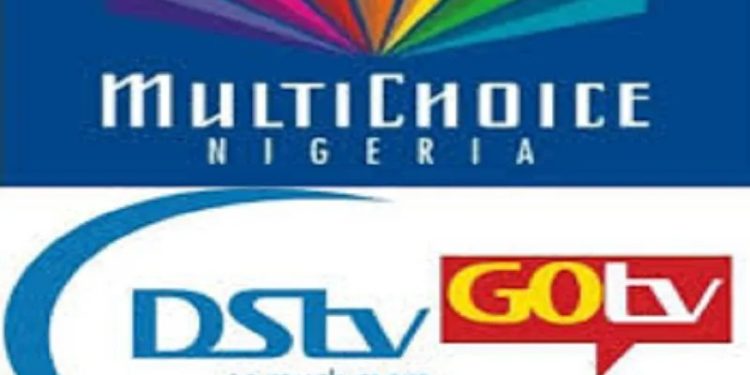In a landmark decision, the Federal High Court in Abuja on Wednesday invalidated Section 2(10)(b) of the National Broadcasting Code, 6th Edition, which mandated broadcasters to pay 2.5% of their Gross Annual Income as an Annual Operating Levy (AOL). The judgment followed a lawsuit filed by MultiChoice Nigeria Ltd and Details Nigeria Ltd (GOtv) against the National Broadcasting Commission (NBC).
Delivering the verdict, Justice James Omotosho ruled that the levy should be based on broadcasters’ Net Annual Income rather than Gross Annual Income. He emphasized that requiring payment on gross income was “unfair, stifling, and contrary to global best practices.”
Court Ruling and Implications
Justice Omotosho clarified that net income, which reflects profits after deducting business expenses such as production costs, rent, and salaries, is the appropriate basis for taxation. Comparing global practices, he highlighted that corporations in the United States and the United Kingdom pay taxes on net profits, not gross revenue.
The judge added that the NBC’s demand for N4 billion in unpaid AOL from the plaintiffs was baseless, noting that MultiChoice and Details Nigeria had provided credible evidence of consistent payments. He also ruled that the agreement between NBC and MultiChoice for an annual flat fee of ₦800 million for AOL during their DTH license period remains binding.
In addition, the court restrained NBC from imposing additional levies for years in which payments had already been made and issued a perpetual injunction preventing the Commission from fining, suspending, or sanctioning the plaintiffs contrary to the court’s ruling.
Access to Financial Records
The court barred NBC from requesting MultiChoice’s VAT remittances, FIRS reports, bank statements, and other financial records. Instead, it ruled that such information should only be accessed through authorized agencies like the Federal Inland Revenue Service (FIRS).
Arguments and Observations
During the case (FHC/ABJ/CS/652/2024), MultiChoice’s counsel, Moyosore Onigbanjo (SAN), argued that the term “gross annual income” was undefined in the NBC Code and inconsistent with the NBC Act. He also emphasized the importance of adhering to agreements between parties, which NBC’s counsel, Victor Ogude (SAN), had claimed were non-binding due to alleged overreach by the Commission’s acting Director-General.
Justice Omotosho disagreed, stating that agreements between parties must be honored, regardless of unfavorable terms. He further noted that NBC failed to provide evidence supporting its claims, including allegations that MultiChoice increased subscription fees without justification.
Ongoing Challenges for MultiChoice
This ruling adds to the series of legal battles faced by MultiChoice in Nigeria. The Pay-TV provider has been scrutinized for its pricing practices and was recently fined ₦150 million by a consumer tribunal, which also ordered a one-month free subscription for violating interim orders.
While the company has successfully challenged some decisions, it continues to face scrutiny from lawmakers and consumer protection agencies, underscoring the complexity of operating in Nigeria’s regulatory environment.
What’s Next
The judgment represents a significant victory for broadcasters, setting a precedent for fair taxation and regulatory practices in Nigeria’s broadcasting industry. As the NBC adjusts to the ruling, stakeholders will closely monitor its implications on future licensing and operational agreements.










